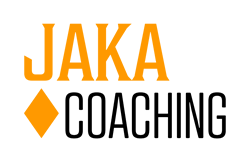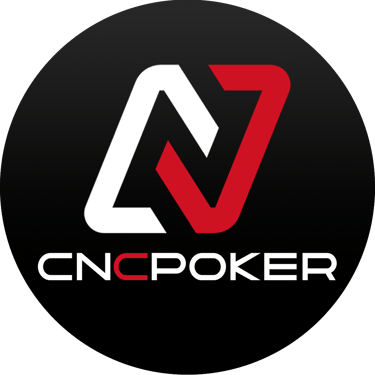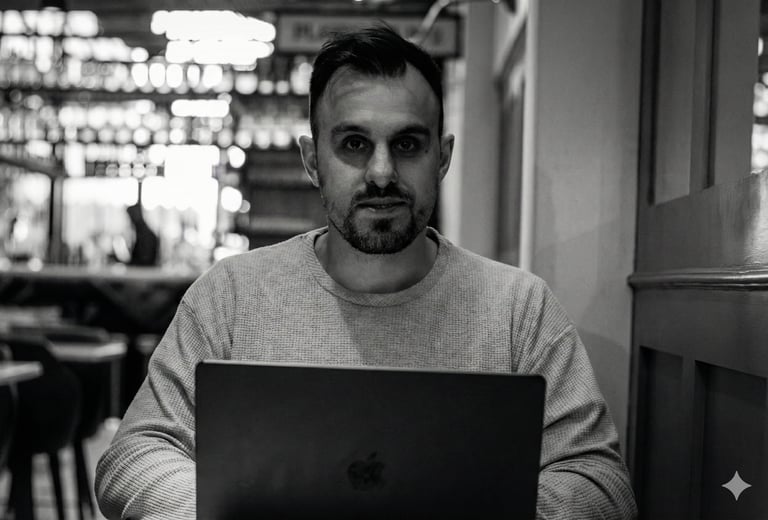Perform Without The Noise
Replace tilt with consistent performance. Master evidence-based structures in a professional group to execute your A-Game.
Clear The Interference
Reactive Tilt & Anxiety
Emotional Stability & Composure
Consistent Discipline & Focus
Professional Network & Support
The specific shifts required to turn your technical knowledge into consistent performance.
Inconsistency & "Drifting"
The Isolated Grind





Trusted by
A Professional Ecosystem for Growth
An intensive 3-month sprint designed for a closed cohort of 5-8 players.
Mental Foundations Workshops
Master frameworks for Tilt Management, Robust Confidence & Mindset. No fluff, just evidence-based tools.
Root Cause Diagnosis
The "Hot Seat." A live breakdown of your specific challenges to identify and fix hidden performance leaks.
24/7 Professional Network
Break the isolation. Get asynchronous support and share professional challenges with a trusted circle of peers.
Weekly Calibration
Consistent check-ins to ensure accountability for your routines, performance, and professional well-being.
📅 3 Months (Nov-Feb) | ⏱️ Weekly Sessions (90 Mins) | 👥 Cohort: Max 8 Players
Meet Alan Longo
Alan Longo combines clinical psychology with performance science to help professional players navigate variance and build sustainable careers.
With over 5 years of experience coaching high-stakes competitors (including top-tier Esports teams in LatAm), Alan’s approach is strictly evidence-based. No magic pills—just robust mental frameworks to execute your A-Game under pressure.


Performance Psychologist for High-Stakes Players
Scientific Approach Evidence-Based Methodologies.
5+ Years Specializing in High-Stakes Poker.
Trusted by Elite Pros Triton, EPT, WPT & Bracelet Champions.
Ready to Build Your Professional Career?
✓ 12 Weekly Group Sessions (90 min)
✓ Private Discord Community
✓ Direct Competition Support
✓ High-Performance Frameworks
✓ BONUS: 30% Off 1-on-1 Sessions
Group Access
Join the closed cohort of 5-8 players committed to high performance.
$399 / month
Total Program Investment: $1.197
